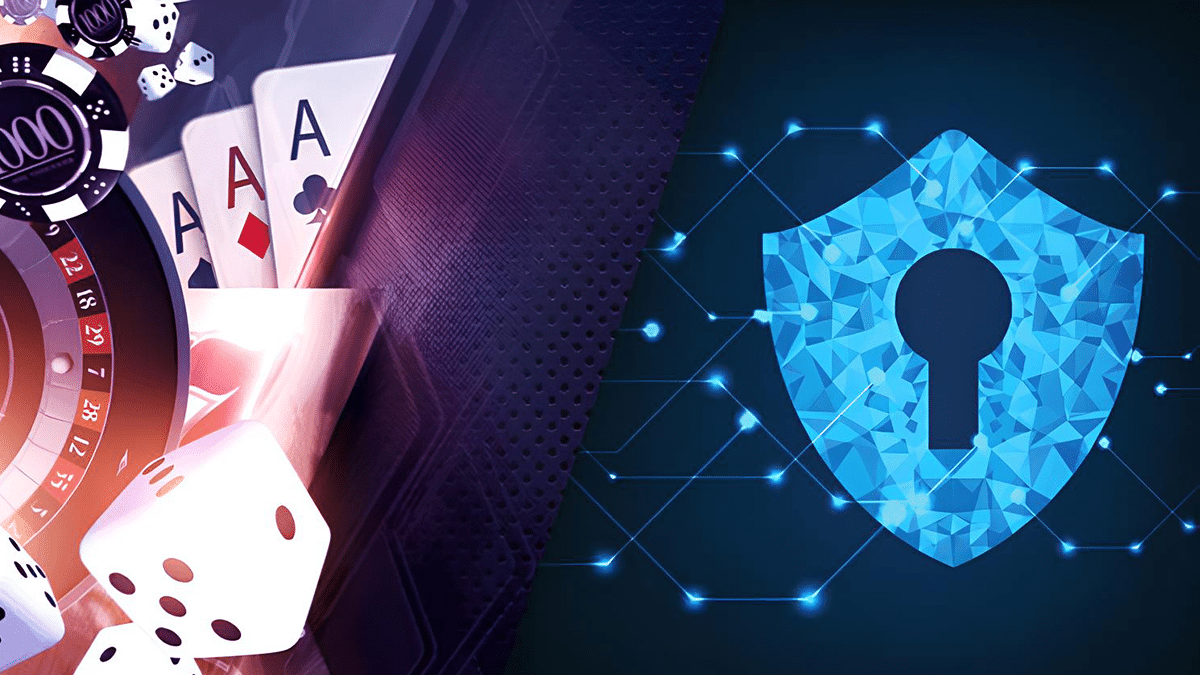In the electrifying world of casino game development, the choice of programming language can make all the difference between mediocrity and mastery. As the online gaming industry burgeons, developers face the exciting challenge of crafting immersive experiences that captivate players and keep them coming back for more.
From the seamless animation of spinning slots to the intricate algorithms underlying poker games, the right programming language not only shapes the technical foundation but also breathes life into the creative vision. In this article, we will dive into the top programming languages that have become essential tools for developers in this dynamic sector.
Whether youre a seasoned coder or a budding enthusiast, understanding these languages will equip you with the knowledge to navigate the thrilling landscape of casino game development. Prepare to explore the nuances, advantages, and unique characteristics of each language as we uncover what it takes to build engaging and profitable gaming experiences.
Introduction to Casino Game Development

The world of casino game development is an exhilarating fusion of creativity and technology, where developers conjure vibrant experiences that captivate players while adhering to complex regulatory standards. At its core, this discipline requires not only a firm grasp of programming but also an intuitive understanding of game design principles, player psychology, and market trends.
From crafting immersive slots with stunning graphics and engaging narratives to developing fast-paced table games that emulate the thrill of a real casino, the variety in game mechanics and aesthetics is vast. Moreover, as the landscape continues to evolve with advancements in virtual reality and mobile technology, the challenge for developers intensifies, demanding innovative approaches and proficiency across multiple programming languages.
Understanding the right tools for the job is essential, as each language offers distinct advantages that can shape the gameplay experience and operational efficiency. In this dynamic arena, the interplay of technology and creativity opens the door to endless possibilities, making casino game development a thrilling venture for both developers and players alike.
Key Requirements for Casino Game Programming

Developing casino games requires a unique blend of technical skills and creative insight. At its core, a proficient game programmer must master languages like C++, Java, and HTML5, each serving specific roles in game mechanics and user interfaces.
Beyond coding, an understanding of game theory is essential—designers must ensure that games are fair yet engaging, balancing chance and player strategy adeptly. Additionally, familiarity with software development kits (SDKs) and application programming interfaces (APIs) can streamline the integration of payment systems and ensure seamless user experience.
Equally important is knowledge of regulations surrounding online gaming, as compliance with legal standards will not only protect the game from potential pitfalls but also enhance its credibility in an ever-competitive market. As technology evolves, casino game developers must remain agile, embracing trends such as virtual reality and blockchain to stay ahead.
Thus, the journey of programming casino games is as intricate as the games themselves, requiring a diverse arsenal of skills, an appreciation for detail, and an innovative mindset.
Top Programming Languages for Casino Game Development

When diving into the vibrant world of casino game development, selecting the right programming language can make all the difference. C++ stands out prominently due to its high-performance capabilities, allowing developers to craft intricate graphics and complex algorithms for games like slots and poker.
Meanwhile, JavaScript has carved out its niche by enabling the creation of interactive web-based casino games, captivating players with dynamic animations and seamless user experiences. Then there’s Python, lauded for its simplicity and versatility, which is perfect for prototyping and developing robust backend systems.
Dont overlook C# either, particularly in the realm of Unity, where developers can bring rich 3D environments to life. As the landscape continues to evolve, understanding these languages is essential for creating engaging, competitive, and secure gaming experiences that captivate players around the globe.
Conclusion
In conclusion, the landscape of casino game development is continually evolving, and the choice of programming languages plays a pivotal role in creating engaging and successful gaming experiences. From the versatility of C# and the power of C++ to the quick iteration capabilities of JavaScript, each language brings unique strengths to the table.
Moreover, as the industry embraces new technologies such as virtual reality and blockchain, languages like Python and Solidity are becoming increasingly relevant. As developers aim to capture players interest and ensure smooth gameplay, bonuses like the run4win no deposit bonus can serve as an enticing gateway for players, promising enhanced user engagement. By staying informed about the latest trends and technologies in programming, developers can craft captivating casino games that not only attract players but also stand out in a competitive market.


